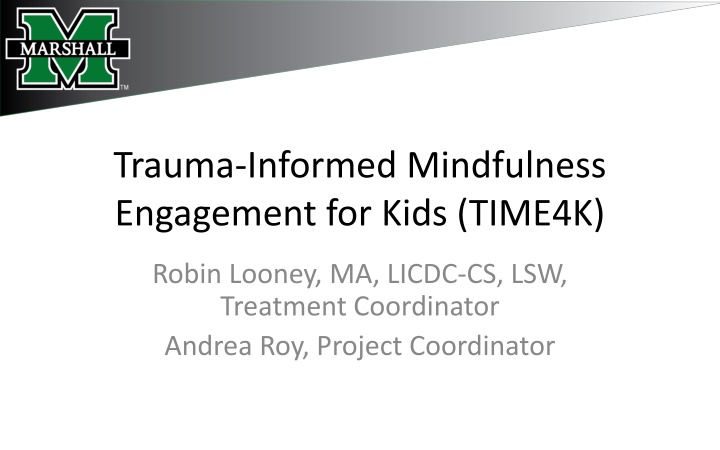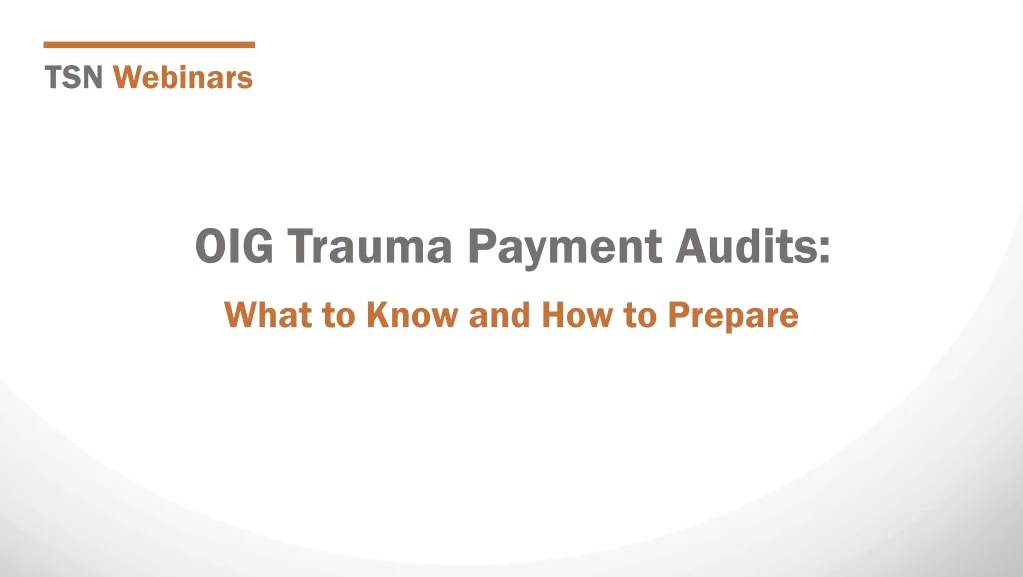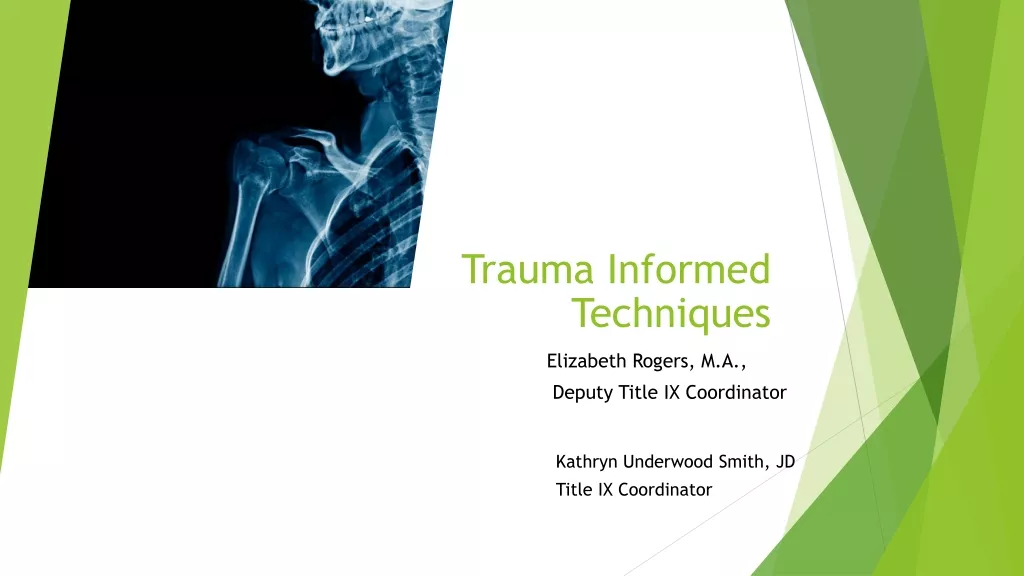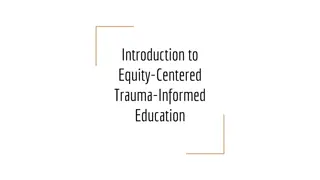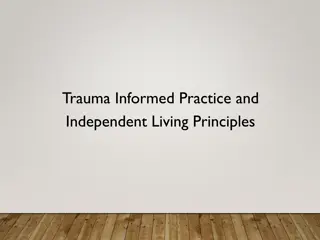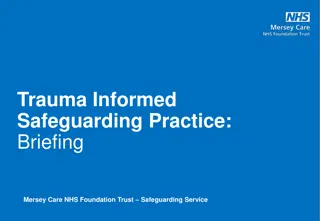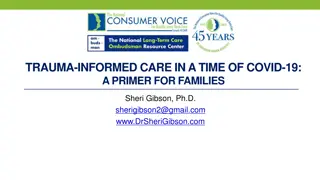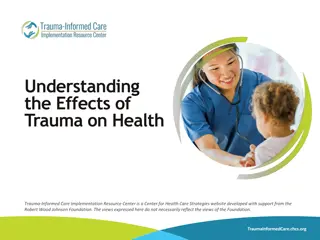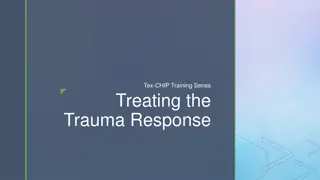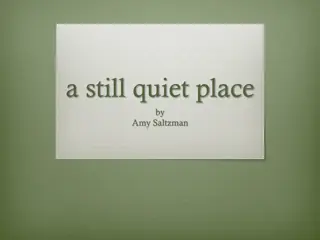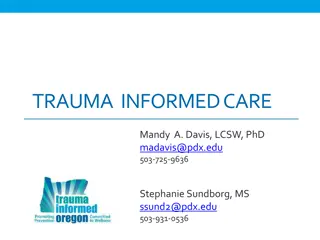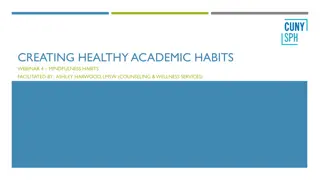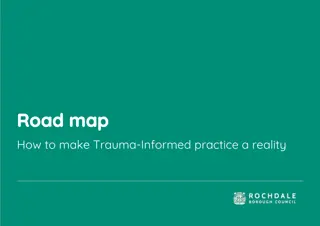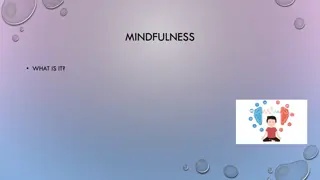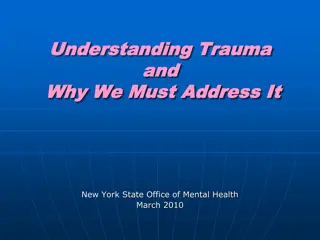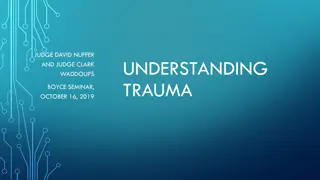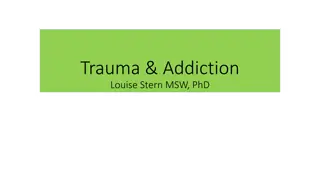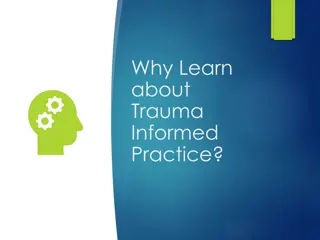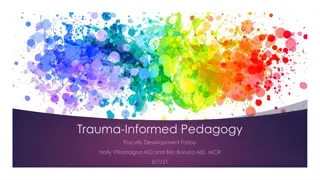Trauma-Informed Mindfulness Engagement for Kids (TIME4K) Program Overview
The TIME4K program, funded by the Department of Justice, offers trauma-informed mindfulness coaching to elementary school children. It involves classroom activities, one-on-one coaching, and progress monitoring through assessments to improve emotional awareness and well-being.
Download Presentation

Please find below an Image/Link to download the presentation.
The content on the website is provided AS IS for your information and personal use only. It may not be sold, licensed, or shared on other websites without obtaining consent from the author.If you encounter any issues during the download, it is possible that the publisher has removed the file from their server.
You are allowed to download the files provided on this website for personal or commercial use, subject to the condition that they are used lawfully. All files are the property of their respective owners.
The content on the website is provided AS IS for your information and personal use only. It may not be sold, licensed, or shared on other websites without obtaining consent from the author.
E N D
Presentation Transcript
Trauma-Informed Mindfulness Engagement for Kids (TIME4K) Robin Looney, MA, LICDC-CS, LSW, Treatment Coordinator Andrea Roy, Project Coordinator
TIME4K mentee Gage Bowen uses giant bubbles to engage Wayne Elementary School students in a breathing exercise.
TIME4K Basics Funded by a three-year grant from the Department of Justice and the Office for Victims of Crime Operates in eight elementary schools, four in Cabell County and four in Wayne County
TIME4K Basics School-based program consists of three main components: Lawyer in the School Teacher training and resources for schools Trained MSW student to provide classroom activities and one-on-one mindfulness coaching to children referred to the program
TIME4K Process Mindfulness coaching is delivered by MU social work grad students under the supervision of the project treatment coordinator. Classroom level interventions vary from school to school and are at the discretion of the staff at each location. One-on-one coaching begins with a referral, either from the school, a caregiver, or a community partner. SW graduate student reaches out to caregiver. Caregiver must sign a consent form; the child must give assent either in writing or verbally. A social history is collected either from the caregiver or school personnel.
TIME4K Process (continued) An MU school psychology graduate student administers a baseline assessment, the Emotional Quotient Inventory: Youth Version (EQi:YV). Assessment is administered after every 12 sessions for progress monitoring. SW student works with school staff to identify times when student can receive services. For this kind of skill building, shorter, more frequent sessions are preferable. SW student documents each session. In addition to EQi:YV scores, progress is tracked through attendance and behavior data and feedback from teachers.
Mindfulness What is it? Mindfulness means maintaining a moment- by-moment awareness of our thoughts, emotions, bodily sensations, and surrounding environment with openness and curiosity.
Mindfulness Why use it? Can help calm a child who is in fight-flight- or-freeze response Can help a child develop awareness of their triggers and improve coping skills Can aid in attention, focus, and self- regulation
Strategies and Interventions Creative expression (drawing, coloring, tracing) Identifying and expressing feelings (feelings chart, feelings ball, drawing how you feel inside and out) Breathing techniques (using props like pinwheels, buddy breathing, mantras) Body grounding (sensory activities, stretching, yoga) Meditation (body scan, practicing kinds thoughts)
